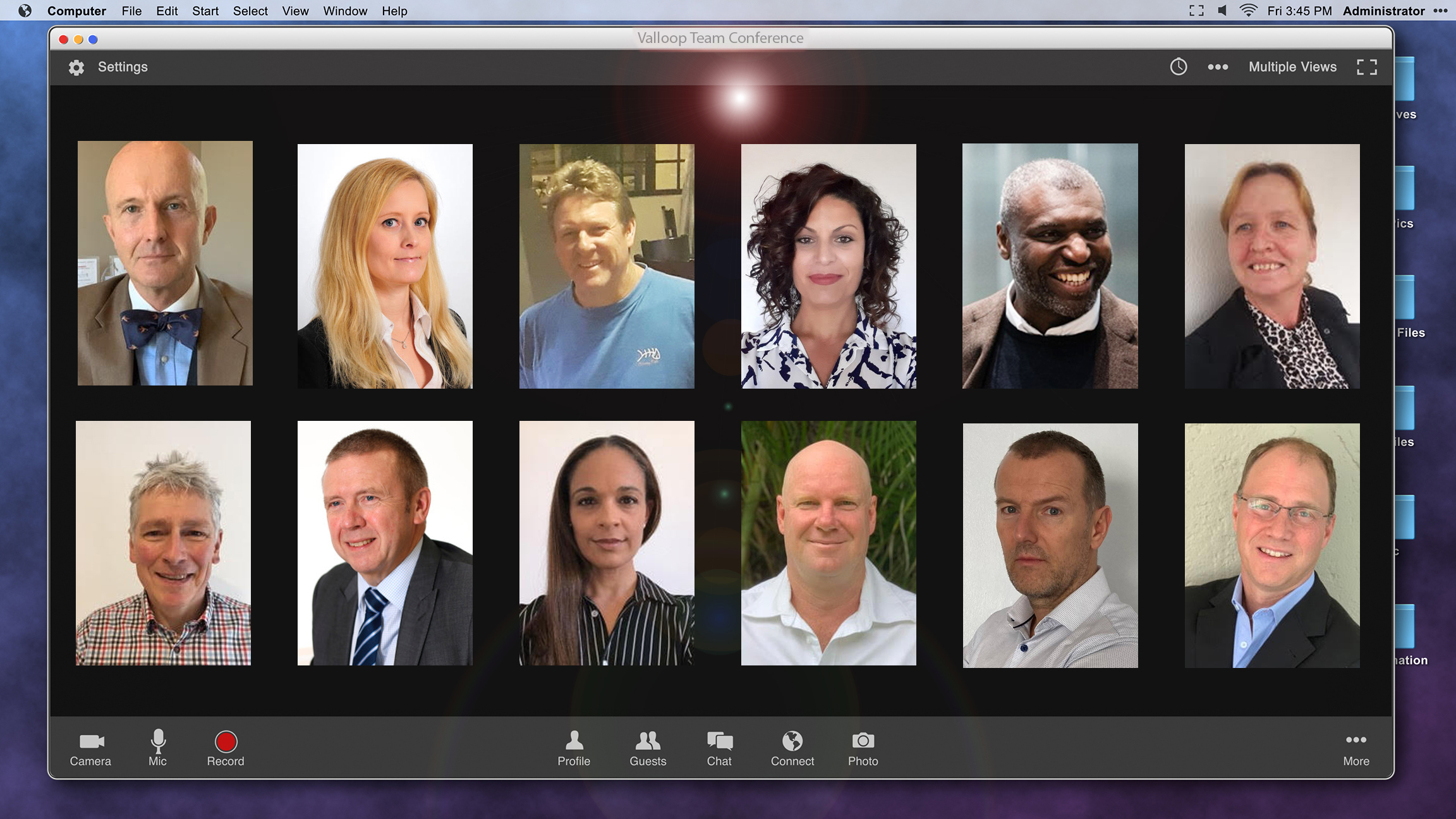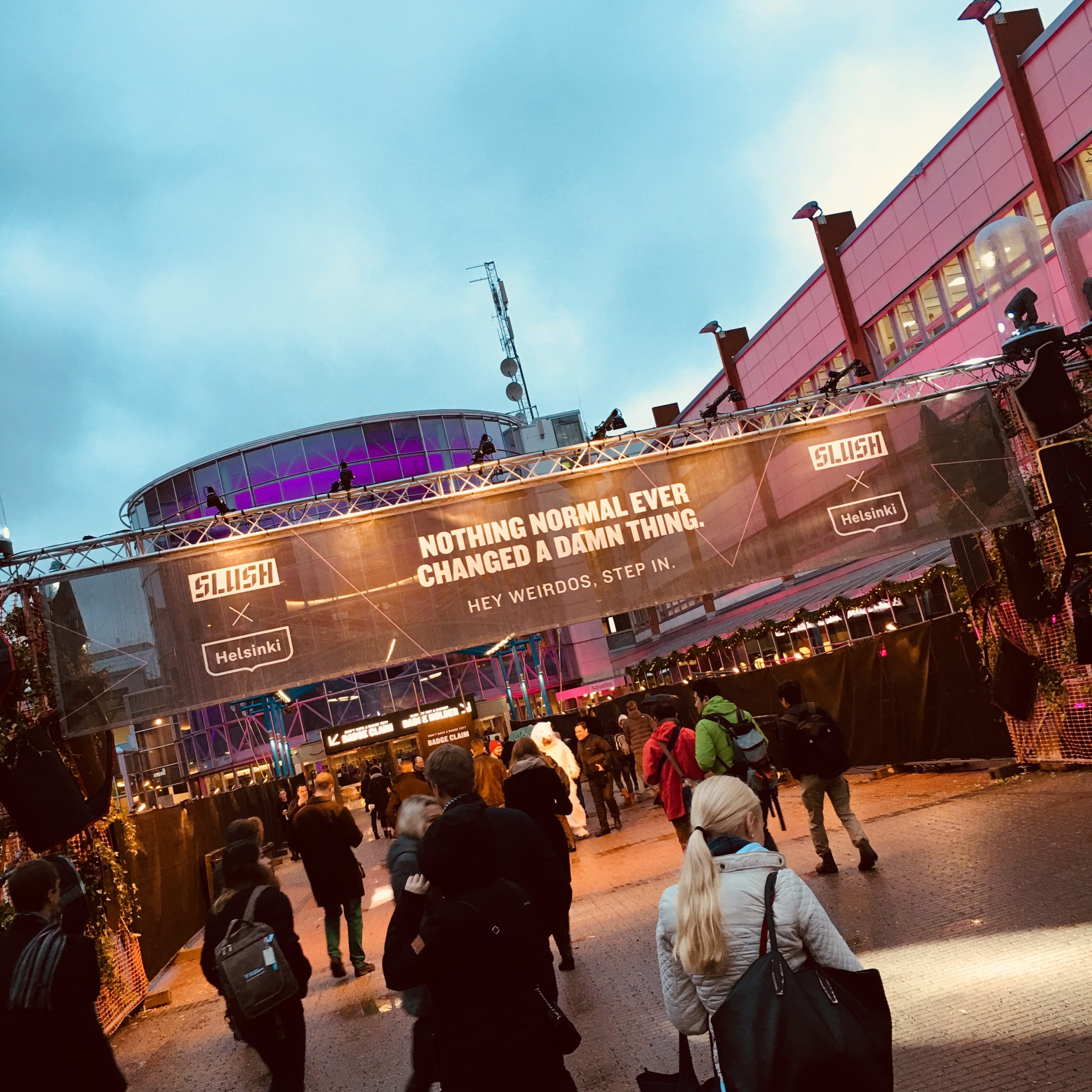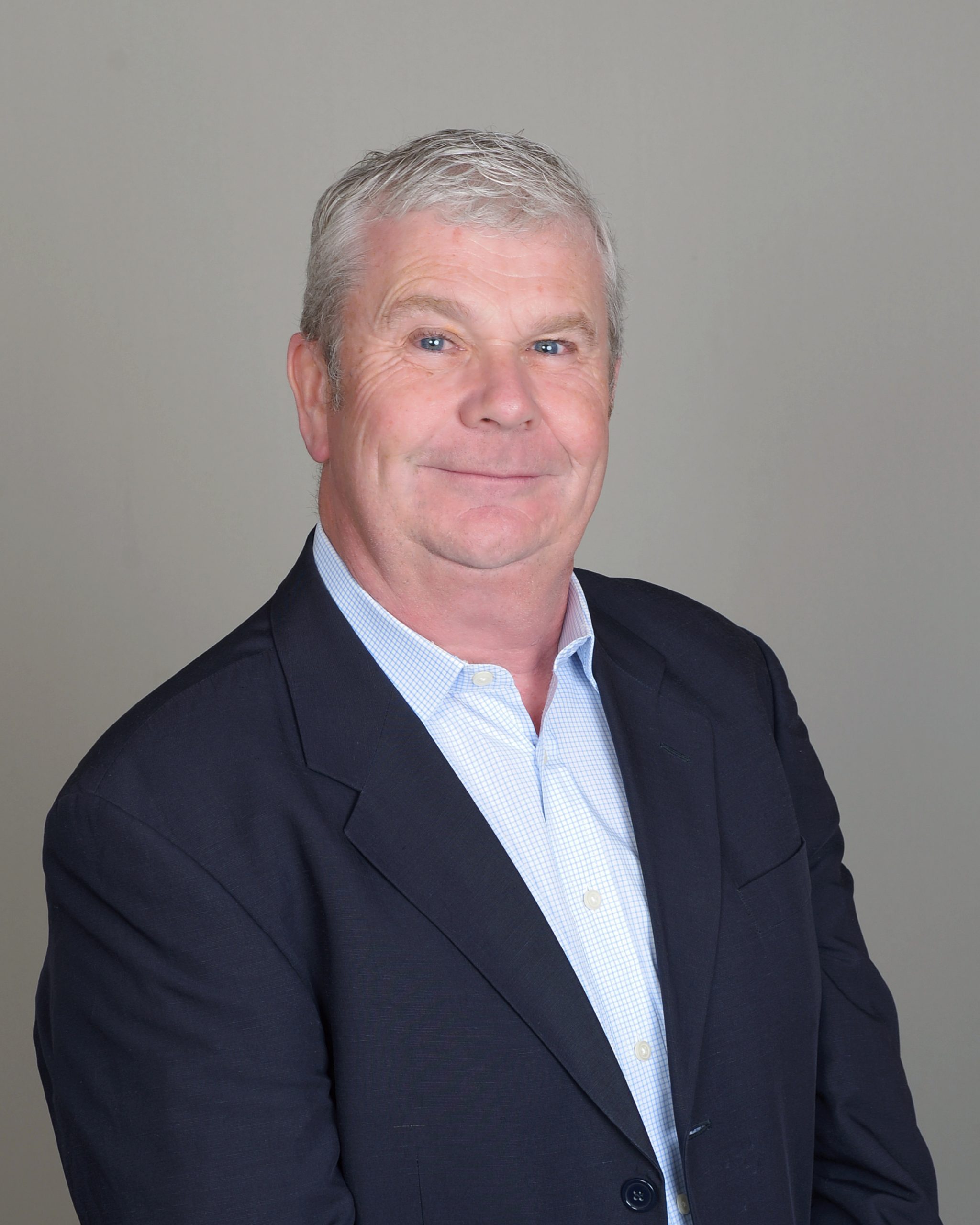I like shiny new things. That’s why I’ve spent my spare time over the past couple of days eagerly reading review after review of Apple’s new iPhone X, which officially goes on sale tomorrow, 3 November — though good luck picking one up on launch day if you weren’t on the hair trigger for pre-orders; in-store stock is, predictably, expected to be extremely limited. I’m still not absolutely sold on whether it’s something I want — or, more accurately, can afford — to bring into my life right now (but I’m getting close — and if you’re weighing it up yourself, Matt Panzarino’s now-traditional Disneyland real-world stress-test review for TechCrunch is the most helpful I’ve seen so far).
What impresses me even more than the latest high-end consumer gadgets, though, is technology with scope to genuinely change lives. All the more so when it combines transformative impact with a top-notch hardware package. And especially when the product comes not from Apple, Google, Microsoft, Amazon, etc., but a visionary upstart looking to get the jump on the major players.
So of course a couple of years ago I fell instantly in love with Doppler Labs when it announced Here One, a set of smart earbuds that promised to make genuine in-ear computing a reality, with advanced audio manipulation functionality, voice assistant integration, and, eventually, simultaneous translation abilities. In the run-up to release, I devoured in-depth features looking at pre-production models and charting the path ahead for this breathtaking new technology. I signed up to receive alerts on when the buds were available. I was fully willing to part with the near £300 they were asking for this premium slice of The Future.
Then release slipped by a few months. And reviews consistently highlighted a potentially game-breaking flaw: amazing sound, fantastic vision for augmented listening, cool features, let down by meagre battery life. Suddenly my early-adopter enthusiasm and devil-may-care attitude to my bank balance was tempered by pragmatism: I’d wait for the second generation, when surely this issue would have been resolved.
Yesterday, I found out there will be no second generation. In in-development Here Two will not see the light of day. Doppler Labs — the company that, as well as being a leading innovator in smart devices, was also a driving force alongside Elizabeth Warren in passing a bill in the US allowing hearing aids and other assistive technologies to be sold over the counter — has closed its doors. Even remaining Here One stock is no longer on sale. That slice of The Future? It’s stale on the kitchen counter, destined for the bin.
The announcement came in a feature by David Pierce for WIRED, The Downfall of Doppler Labs: Inside the Last Days of a Hardware Startup, followed by a statement on the Doppler Labs website. Pierce was given exclusive access to the company and its executives during its last days of Rome. The story he tells is a sad one, but — as even Noah Kraft, Doppler Labs’ CEO and “best cheerleader” admits — perhaps one that could (should?) have been seen coming much earlier than it was.
Pierce — and Kraft — tell the tale as a textbook example of the “hardware is hard” genre. It’s undoubtedly harder than ever before for a hardware startup to launch a product and see sustained success. There are all sorts of reasons for this, ranging from supply chain issues — the big OEMs dominate the market for components, making it difficult for low-volume manufacturers to source parts at prices that afford them enough of a margin without charging sky-high retail prices — to the need for enormous volumes of pre-revenue capital to get production operations and marketing up to speed.
And in recent years even those members of the consumer technology “Big Five” with limited stakes in the hardware game — Google, Amazon, Facebook — have used their considerable resources to bring products to market. In the smartphone space, for instance, even previously heavy hitters such as HTC, Sony, and LG have been crowded out so that they barely feature on global device sales charts. Microsoft has withdrawn from the market entirely. Closer to home for Doppler Labs , Apple — with its AirPods and post-acquisition Beats product line — and, more recently, Google, with its Pixel Buds, have moved to dominate the nascent market for smart devices to put in our ears.
Had everything gone to plan for Kraft and co, Here One would have beaten Apple’s AirPods to market by a good few months, and been able to capitalise on crucial holiday season sales. That headstart might — just — have been enough to build brand equity and secure enough sales to bag the extra funding they badly needed (but that investors told them could only be forthcoming based on evidence of sustained revenue). Getting to market ahead of such a sure-fire hit might also have bought them a little more forgiveness when it came to that pesky battery life gripe. But, of course, startup life never does run so smoothly.
It’s not explored in the WIRED piece or other reports of Doppler Labs’ demise, but I wonder whether there is an alternative timeline in which Here One was held back a year, launched into a more mature smart earbud market, still stood out for its advanced feature set, and the team had had enough time to boost battery life to at least match that of products from bigger brands. Or one in which they hit the market a year earlier, even with a slightly less rich feature list, with enough runway ahead of Apple to beat inflated expectations of how long this new breed of device should last on a single charge.
Meanwhile, commenters on Twitter and below the line on media reports have wondered aloud at the decision to turn the death of your startup into a PR opportunity. A few have jumped straight to the Silicon Valley cliche of startup failure being perceived as something of a badge of honour, but I’m not so sure. Kraft’s quotes to The Verge in response to the WIRED story paint a picture of a man defeated, rather than emboldened, by his experience in the startup world. Talking about the contrasting ability of the tech giants to fund and staff new ideas and initiatives in the wake of Facebook’s commitment to hire thousands of people to help it deal with its ‘fake news’ problem, he said: “I can tell you, I would think twice before starting a company again.”
Victims of a changing attitude towards big-ticket hardware startup acquisitions among the big technology beasts — seeing the difficulties ahead, Kraft had for several months shopped the company around not only to investors but also to potential buyers who could absorb his team and safeguard their jobs, but encountered only derisory offers — Doppler Labs will continue running on a skeleton staff for a few weeks more to manage the sale of IP and other assets and support employees in transitioning into new roles.
Here One won’t be the product that leads the smart listening revolution. But don’t be surprised if subsequent generations of AirPods, Pixel Buds, and other smart earpiece products from big brands incorporate a lot of Doppler Labs’ sophisticated features and ideas.




